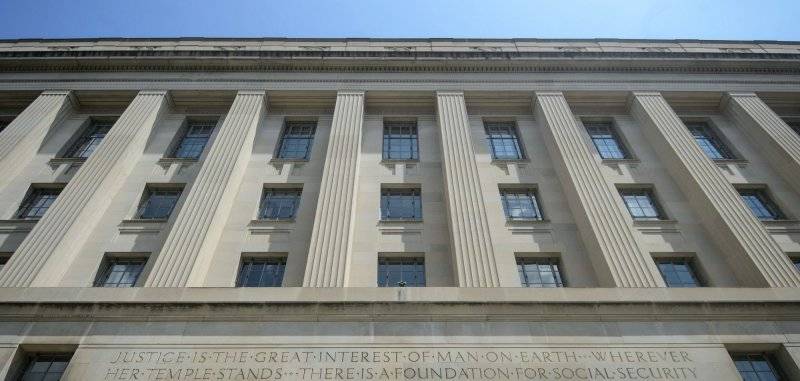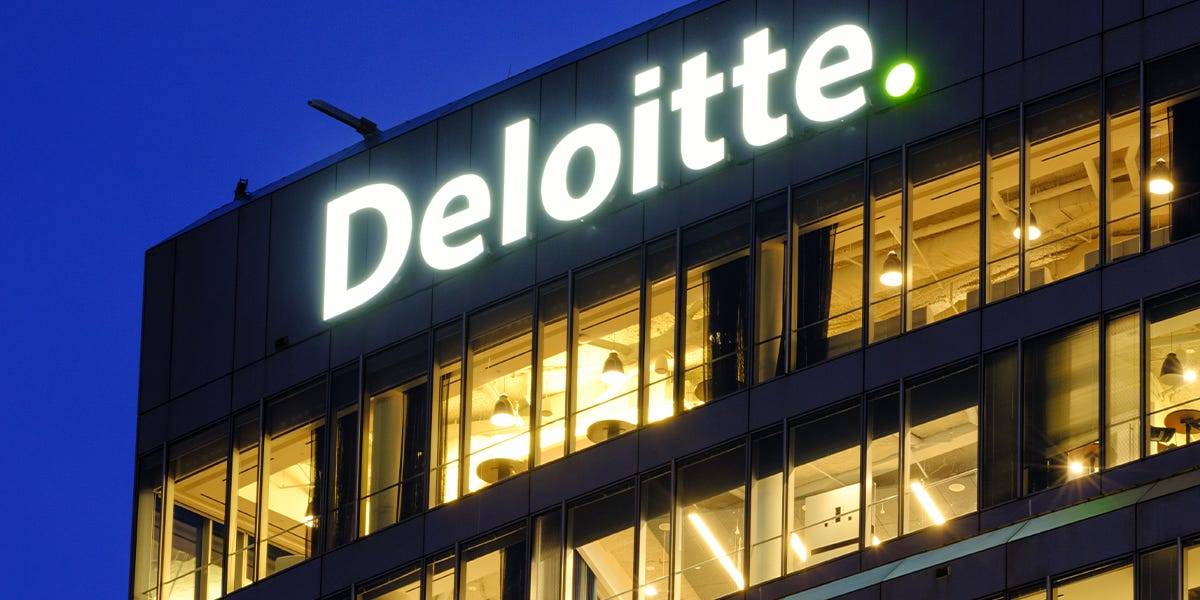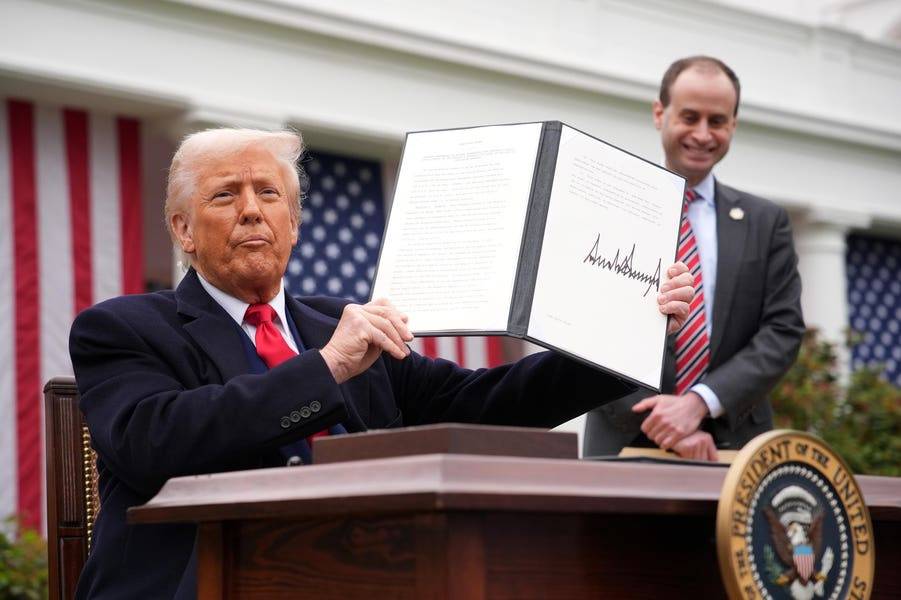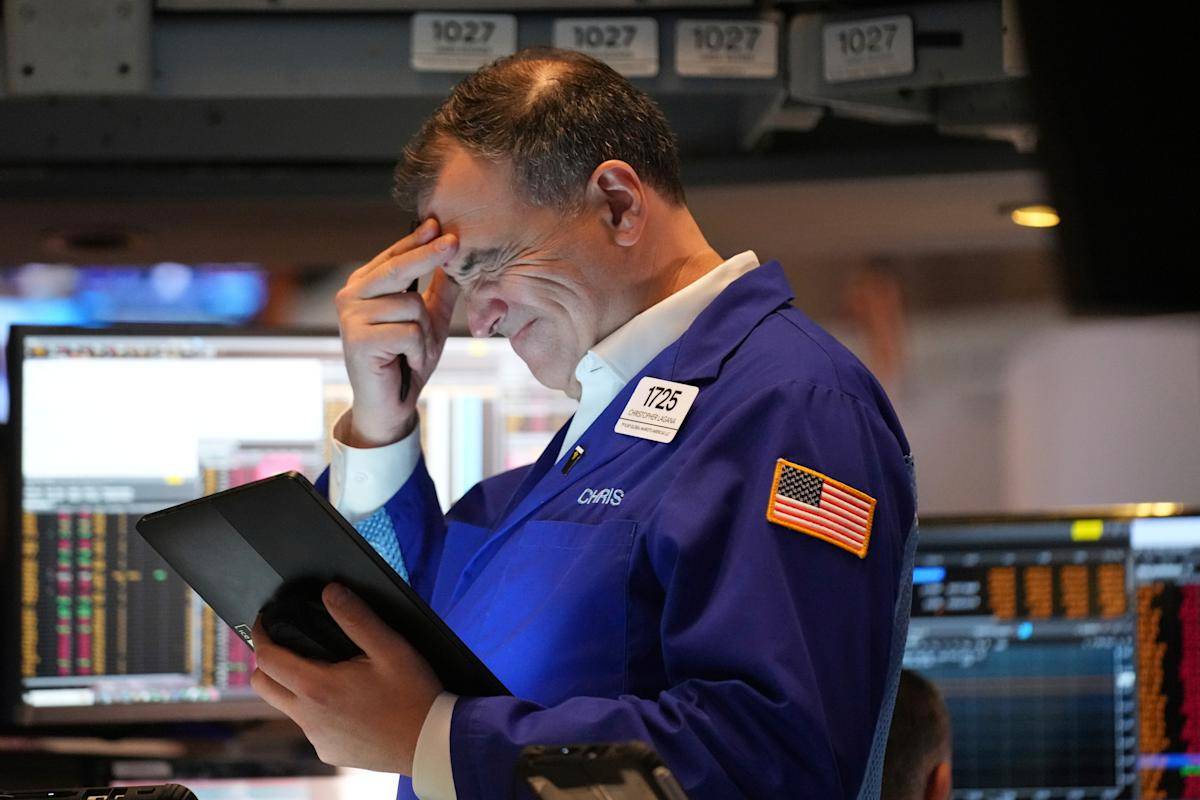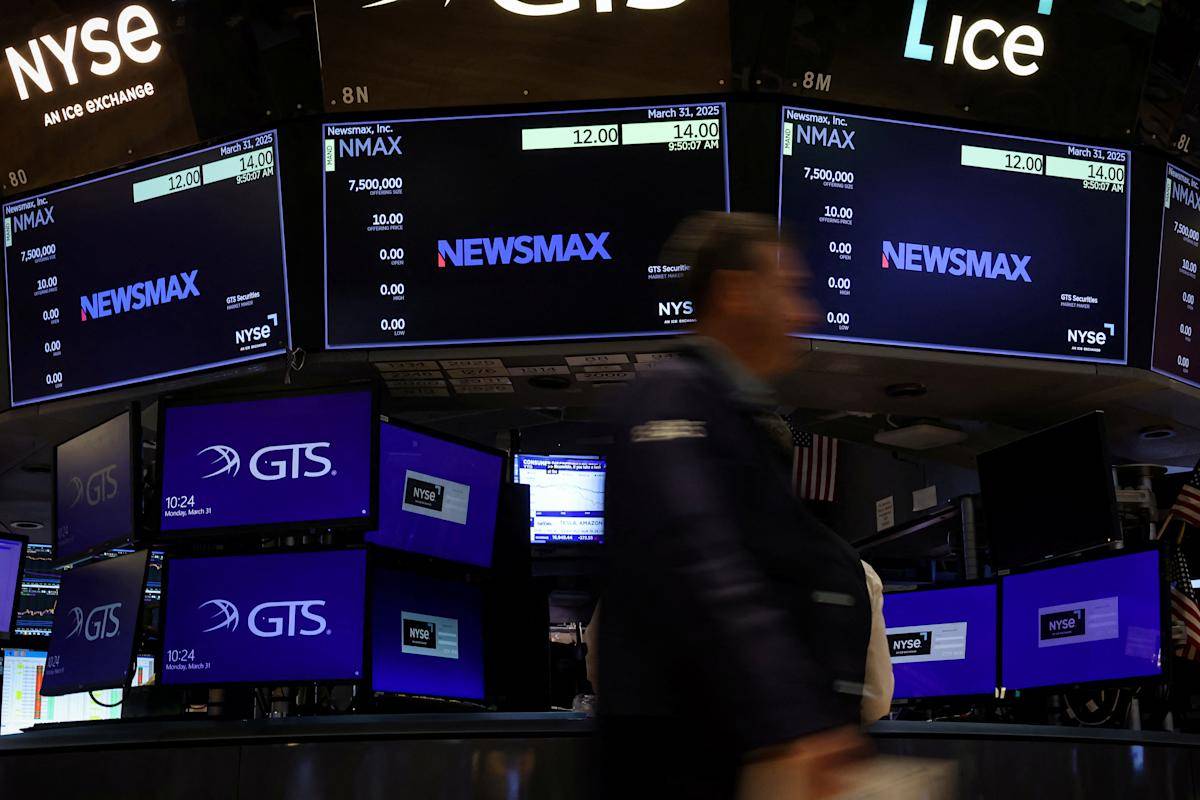The Crackdown on Garantex and Its Global Implications
A Coordinated Law Enforcement Action
The crackdown on Garantex, a Moscow-based cryptocurrency exchange, signals a new phase in the global fight against illicit financial networks operating in digital assets. U.S., German, and Finnish authorities dismantled the platform, freezing millions in cryptocurrency and indicting two key administrators, Aleksej Besciokov and Aleksandr Mira Serda. Since 2019, Garantex processed over $96 billion in cryptocurrency transactions, with hundreds of millions linked to money laundering, ransomware payments, and terrorist financing.
Shifting Regulatory and Enforcement Landscape
The case underscores the shifting regulatory and enforcement landscape surrounding cryptocurrency exchanges. Despite being sanctioned by the U.S. Treasury in 2022, Garantex continued operations, exploiting regulatory blind spots and weak oversight in certain jurisdictions. Its shutdown highlights how law enforcement agencies are increasingly targeting infrastructure—domain names, servers, and financial accounts—rather than just imposing sanctions that can often be circumvented.
Financial Implications and Crypto Compliance
The financial implications are considerable. Authorities froze more than $26 million in illicit assets connected to Garantex, and Tether blocked wallets holding over $28 million in USDT, choking off key liquidity sources for criminal networks. This sends a strong warning to other crypto platforms that fail to enforce anti-money laundering (AML) and know-your-customer (KYC) protocols.
It also raises broader questions about how decentralized the crypto ecosystem truly is if platforms rely on centralized stablecoin issuers and infrastructure providers that can enforce regulatory actions.
Global Regulatory Tightening
Global regulators are tightening controls to bring cryptocurrency exchanges under the same scrutiny as traditional financial institutions. The European Union’s MiCA regulations and the U.S. Treasury’s renewed focus on crypto-related illicit finance suggest tighter reporting requirements and enhanced compliance obligations.
These developments could push non-compliant exchanges further underground or force them into jurisdictions with lax oversight, complicating enforcement efforts.
The Role of Cryptocurrency in Terrorism Financing
The rise of cryptocurrency in terrorism financing adds another layer of concern. Garantex’s facilitation of transactions linked to terrorist organizations underscores the challenges financial watchdogs face in tracking digital asset flows. While blockchain technology offers transparency, the sophisticated layering techniques used by illicit actors make tracing illicit funds increasingly difficult.
The Future of Crypto Regulation
The dismantling of Garantex is a milestone, but it also signals an evolving battlefield. As rogue exchanges adapt and new loopholes emerge, regulatory agencies must remain agile. For investors, the message is clear: compliance isn’t optional. As regulators ramp up enforcement, the cost of non-compliance—whether through sanctions, legal action, or reputational damage—will only rise.
The future of cryptocurrency hinges on its ability to integrate into a global financial system that demands both innovation and accountability.
For more updates on financial regulations and market trends, visit Epochedge News and Epochedge Business.

